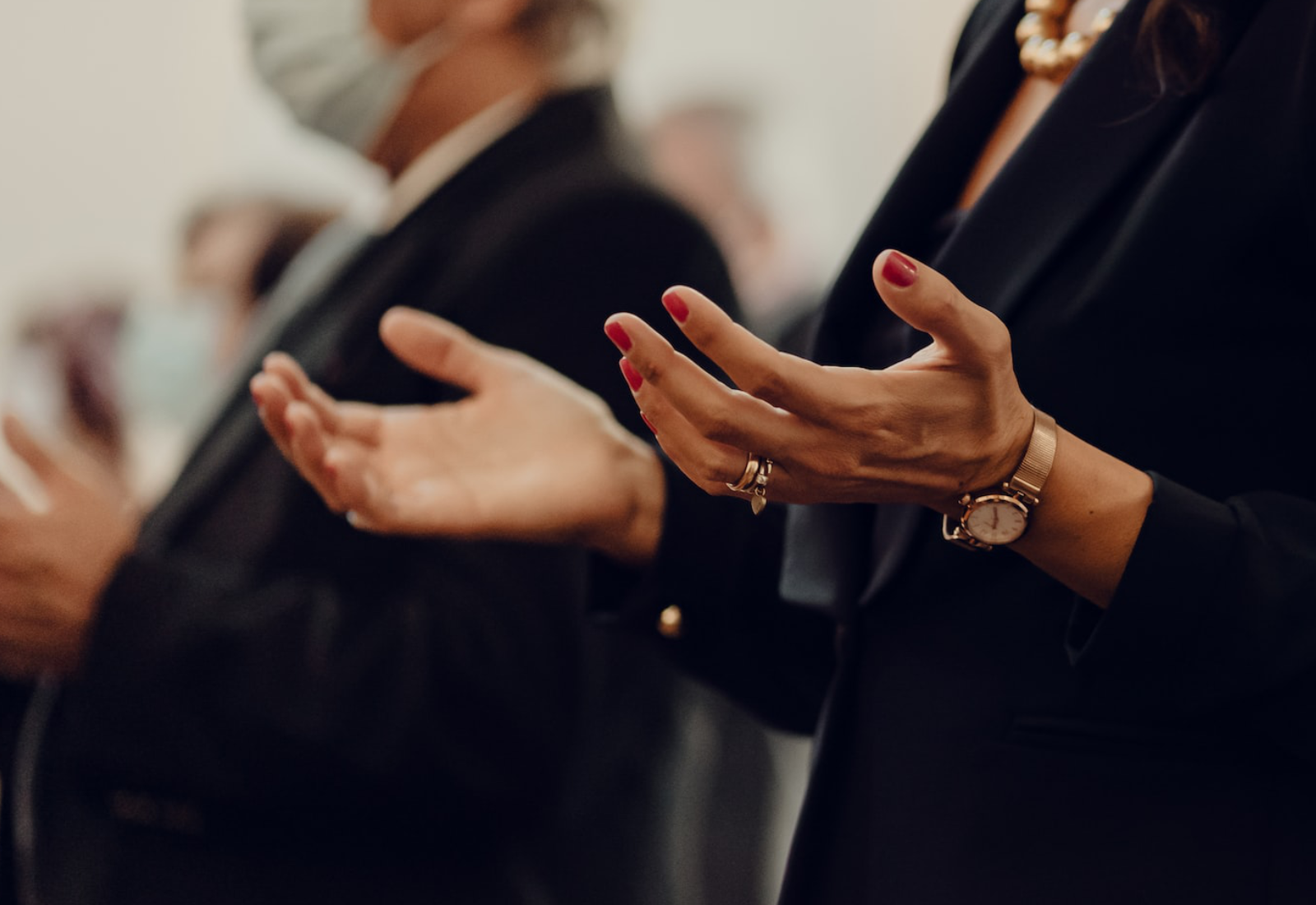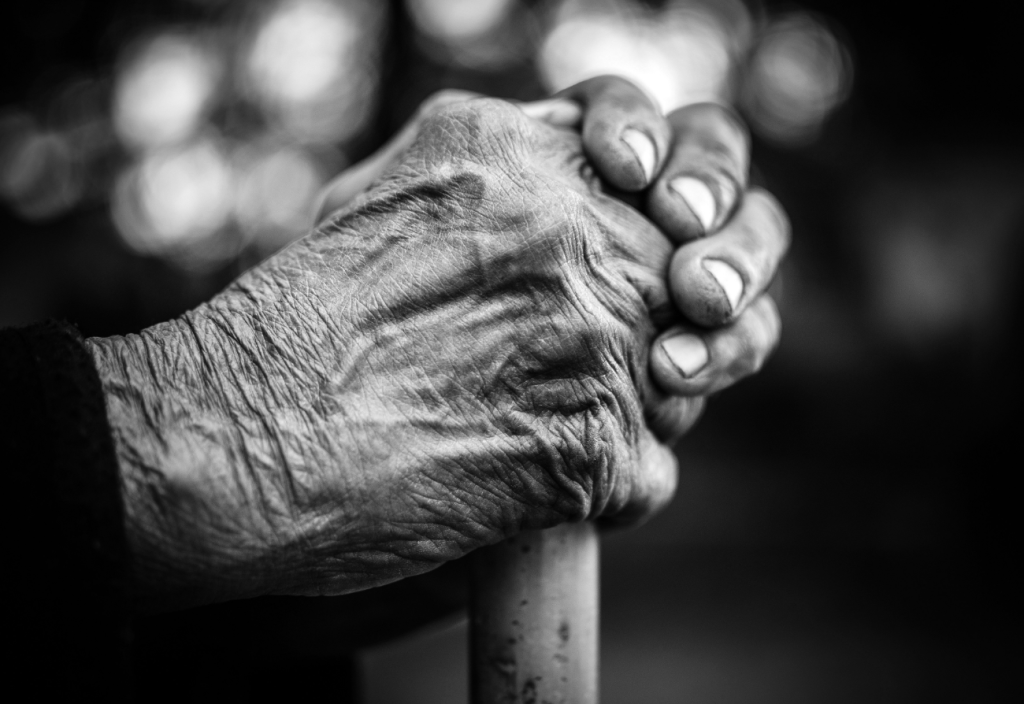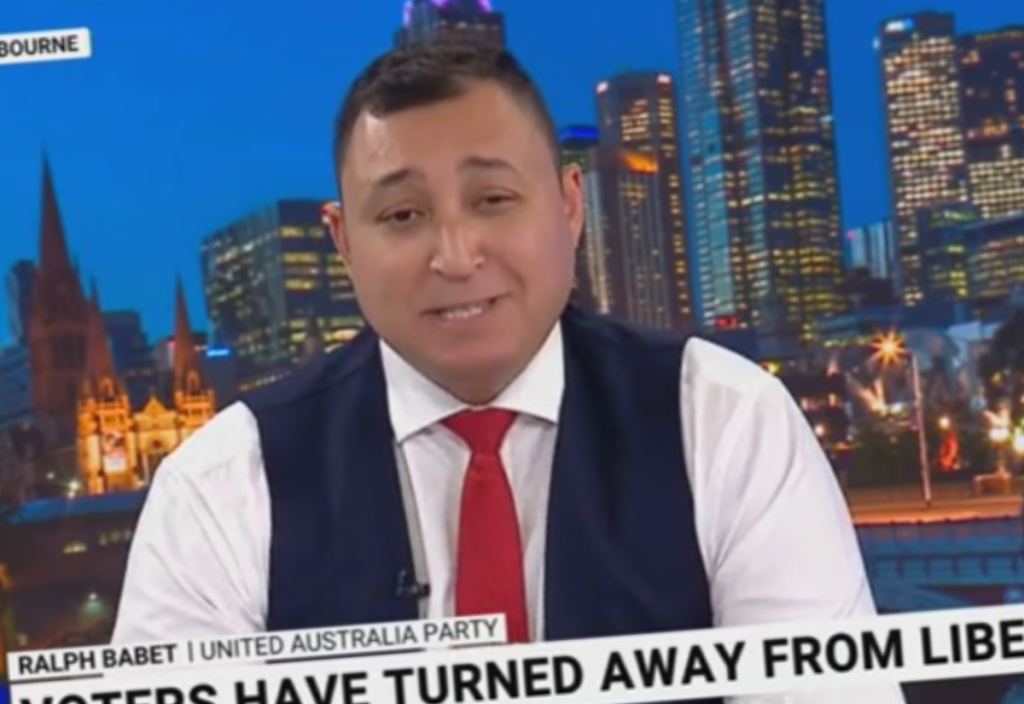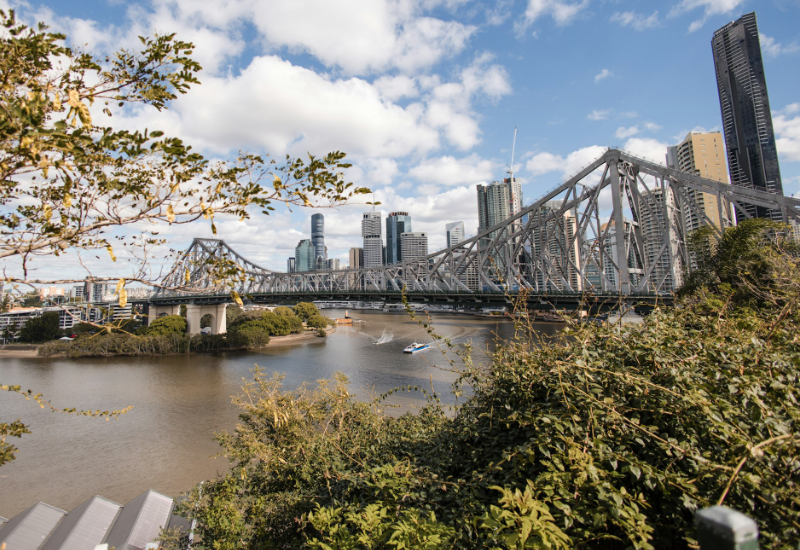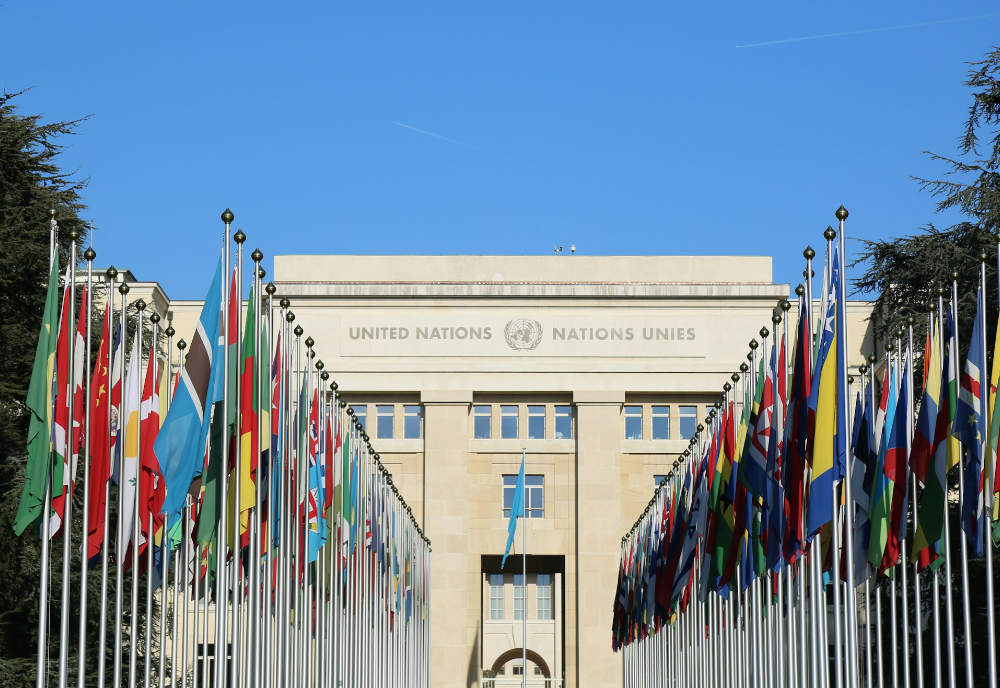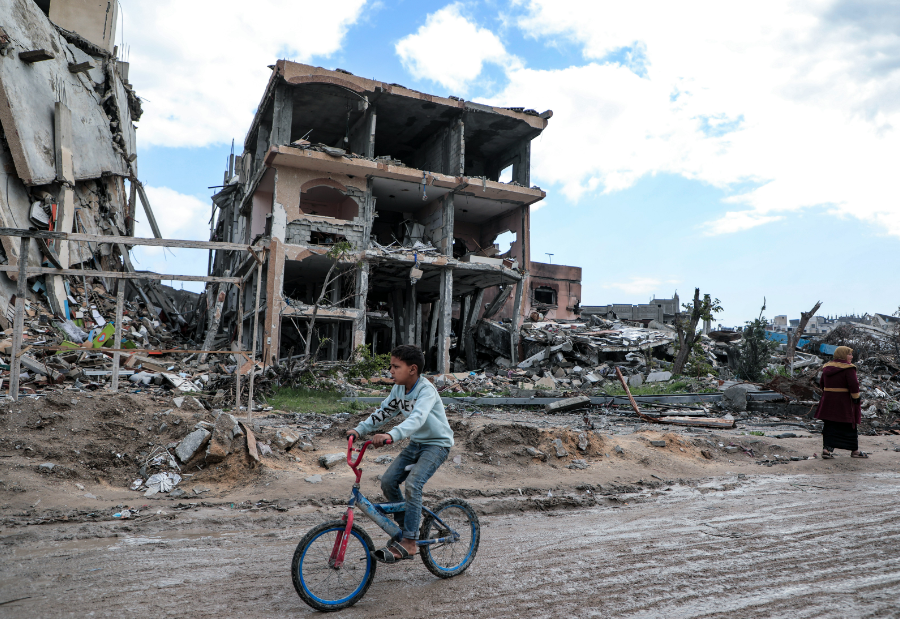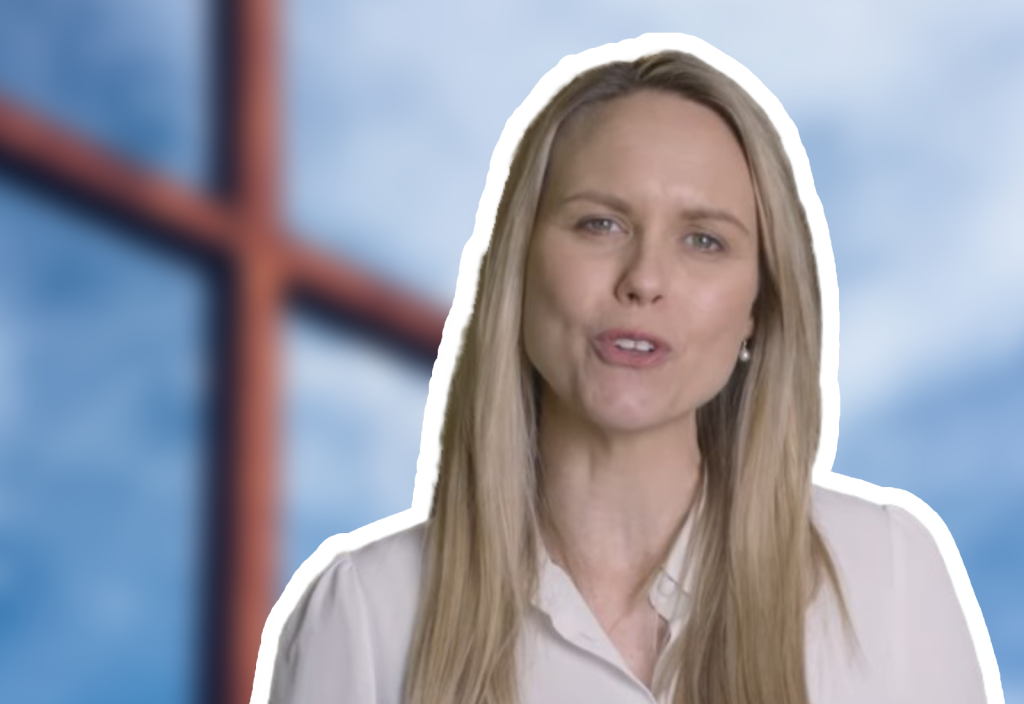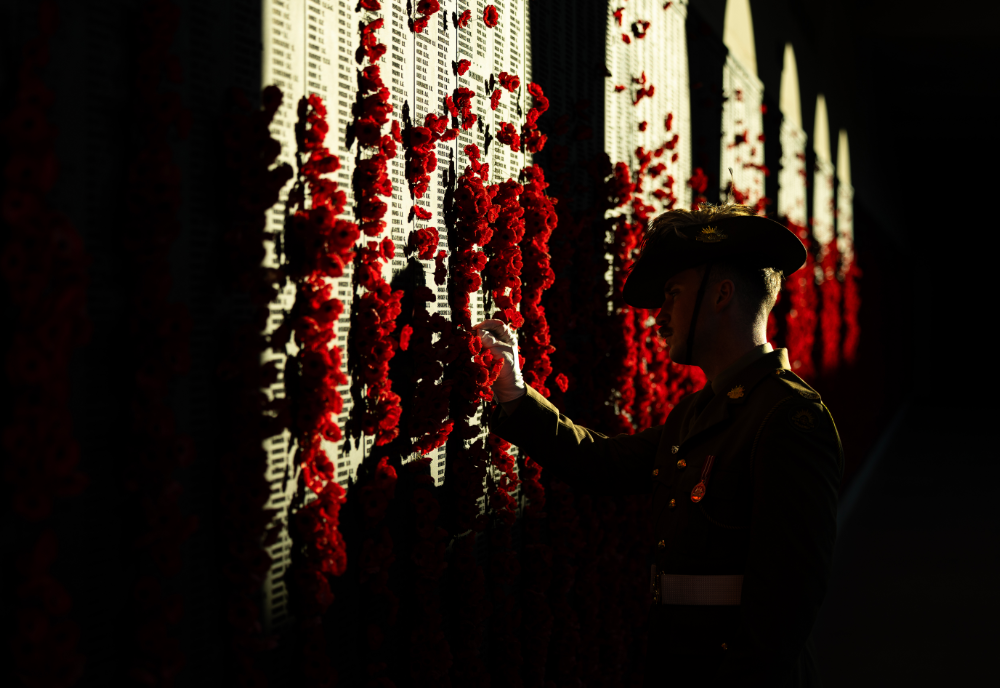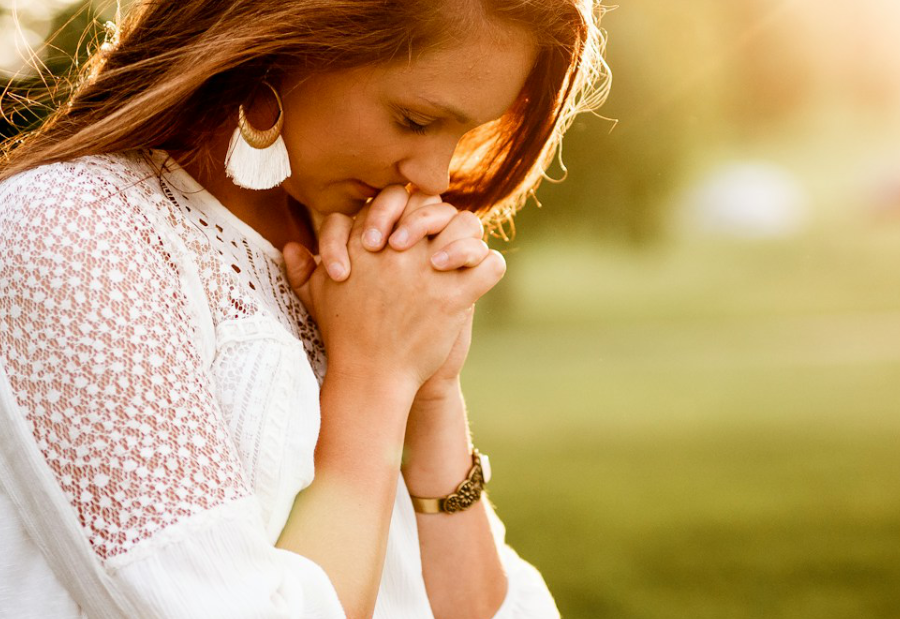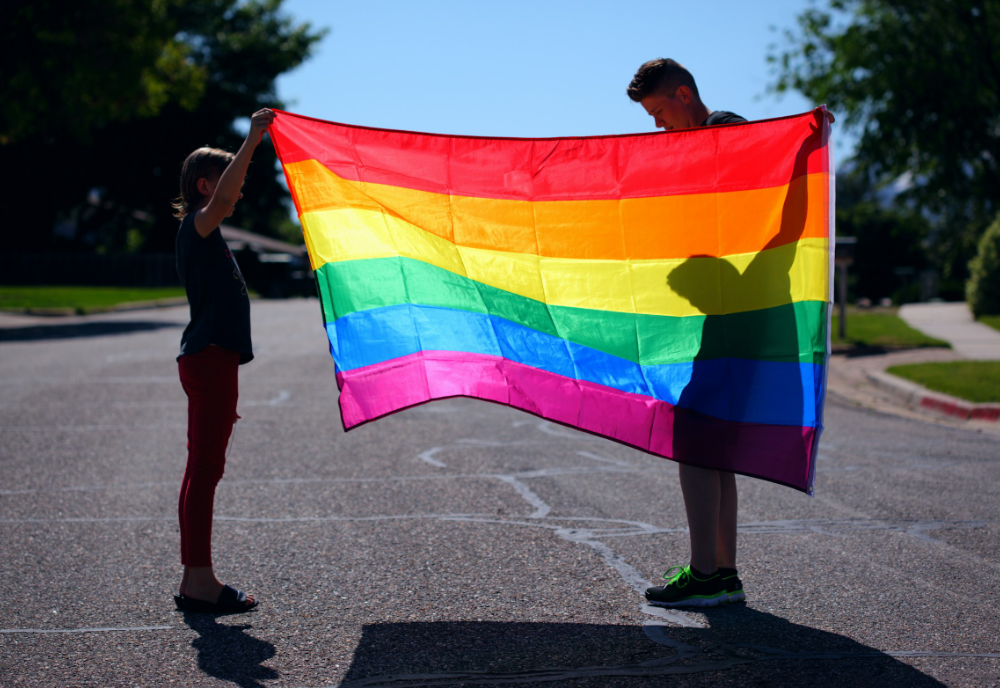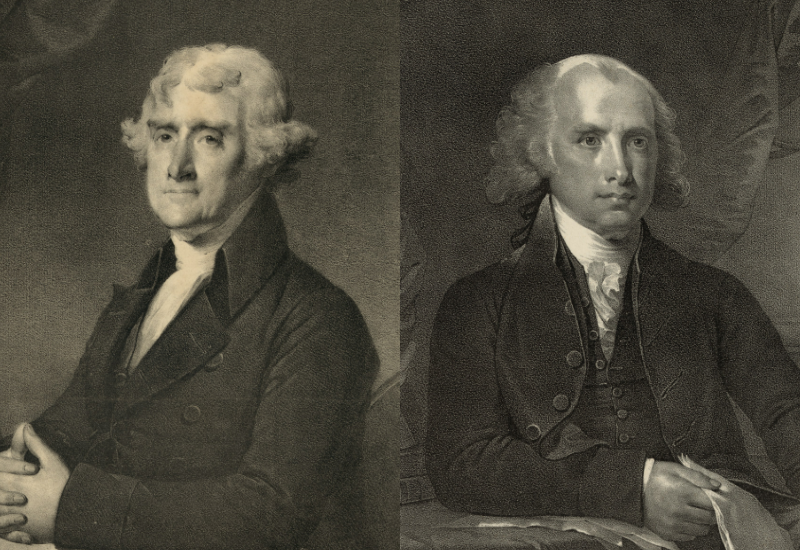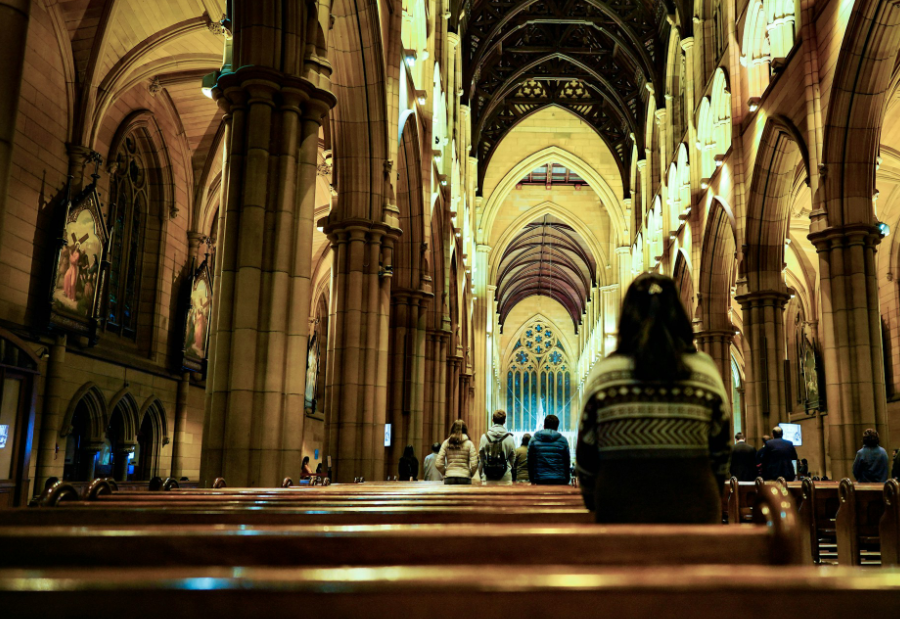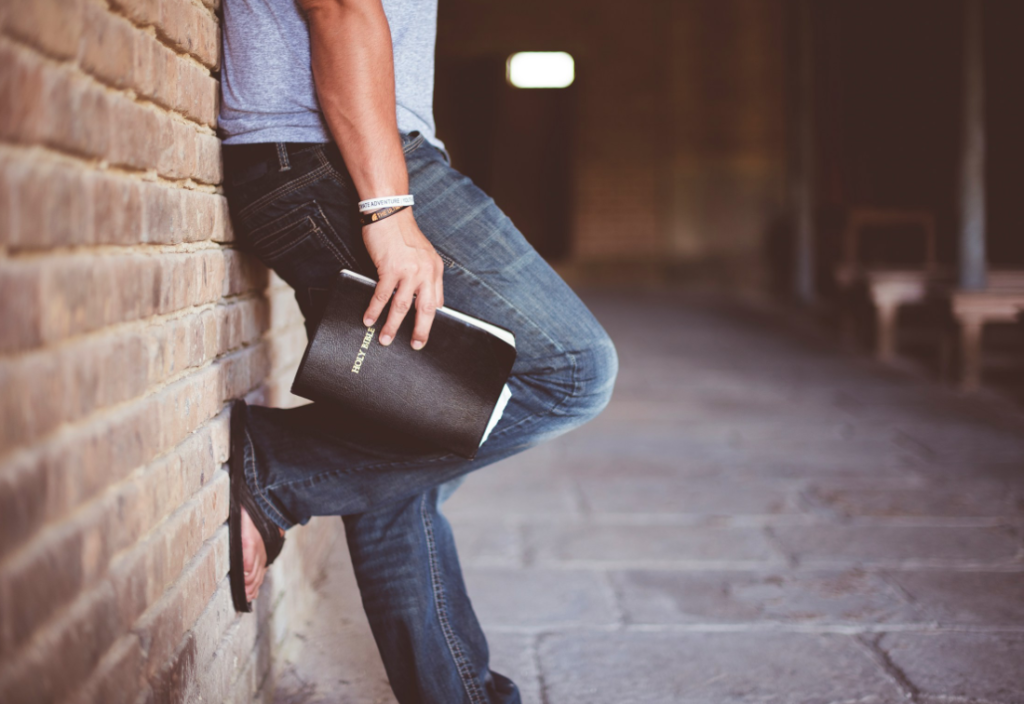This is a lightly edited transcript of a speech given to the Fraser Coast Regional Council on 25 February 2023. It is republished with permission of the speaker.
Colleagues, inviting all faiths to participate in our opening prayer is not a threat to Christian sensibilities. My motion does not abolish Christian prayer; it merely allows for others to be involved as well, from time to time, and for this small space to be shared so that we better reflect our community.
I want you to think about it as a way to demonstrate our understanding of the complexities of the community – an acknowledgement that we stand for, and with, all people who make our region home.
And, as we know, roughly half identify as Christian and roughly half do not – they identify as having no religion, as atheist, as agnostic or as having some other religion.
If we want to represent our entire community, we cannot exclude half of them, especially when there is no need to.
We are a secular body. We do not decide religious questions. We do not pick winners and losers on a religious basis.
Let me explain, if I may, with a parable. Suppose some dogmatic Catholic councillor came here and put forward a motion to say that, from now, the only religion that could give the opening prayer was the Catholic faith.
After all, nationwide they are the most numerous and they have always claimed to be the one true religion, with a lineage back to St Peter. So this councillor says: “Sorry, no more Anglicans, no more Baptists, no more Uniting and no more Evangelicals. You’re all out.”
Would anyone here want to support that proposition?
No, of course you should not. Why should it just be the Catholics? Why would others be excluded just because they are in a minority?
Catholics cannot prove this stuff about their being the one true faith. There are many different faiths here and in our community. It would be outrageous to exclude them. That would be discrimination. And the fact that they are minority views should not matter.
Now, take the word ‘Catholic’ out of that parable and insert the word ‘Christian’. Precisely the same objections apply.
There are many here who are not of the Christian faith. It would be outrageous not to allow them to be represented.
The development of human rights in our system of democracy is, in major part, a history of the separation of church and state, and the elimination of religious discrimination.
It is fundamental to this that we do not force our own religious convictions onto others, just as you would not want others to insist that you bend to their will.
Be as convicted as you please in your own church, but, in council, you must behave as if everyone is as entitled as any other to their own beliefs. It would be a great shame if the ancient arm of religious intolerance and bigotry was allowed to reach into the 21st century and strangle our democratic system.
In practice, I expect that we would have roughly the same arrangements that we have now for meetings. Mostly, they would be Christian. But, occasionally, we could include others.
Given that the idea is an inspiration, there is no reason why we could not include the odd secular speaker. If, for example, someone notable is in town – I think of Dylan Alcott, Fiona Stanley, Jonathon Thurston or Ash Barty – they might be worth listening to.
One of the objections to my proposal is that prayer is tradition. Tradition can be a good servant, but it is a bad master. Ancient origins are not, of themselves, sufficient. Traditions have to give way to enlightenment. Women now have the vote. State schools no longer recite prayers. We no longer stand for God Save the Queen in the movies.
Once, marriage was the sole preserve of the churches. Civil ceremonies did not come in until 1836. Even in 1970, 90 per cent of weddings were in churches. Now, only 20 per cent of weddings are in churches.
Councillor Truscott, as a civil celebrant, is part of that change. He does not need to feel ashamed about that. It is not a threat to his religious convictions. Neither is my proposal. It is just the way we move with tradition.
Some say only Christian prayer works. Well, maybe someone one day will do a double-blind test on that. But, in the meantime, if that is how you feel then you can say your own prayers privately before the meeting. I’m sure your God is not going to deny your prayers just because we have someone before us who is a secular speaker or who is Buddhist or Jewish.
And if you think, “I don’t really want to sit here listening to that”, then you can do that. I have been sitting here for seven years politely listening to opinions that I do not agree with. I do not mind. That is the way it is.
So let us not be the council that resurrects the ghosts of the religious wars. Let us be a progressive council that understands modern society and what fairness and equity are all about.
Photo by Gabriella Clare Marino on Unsplash

